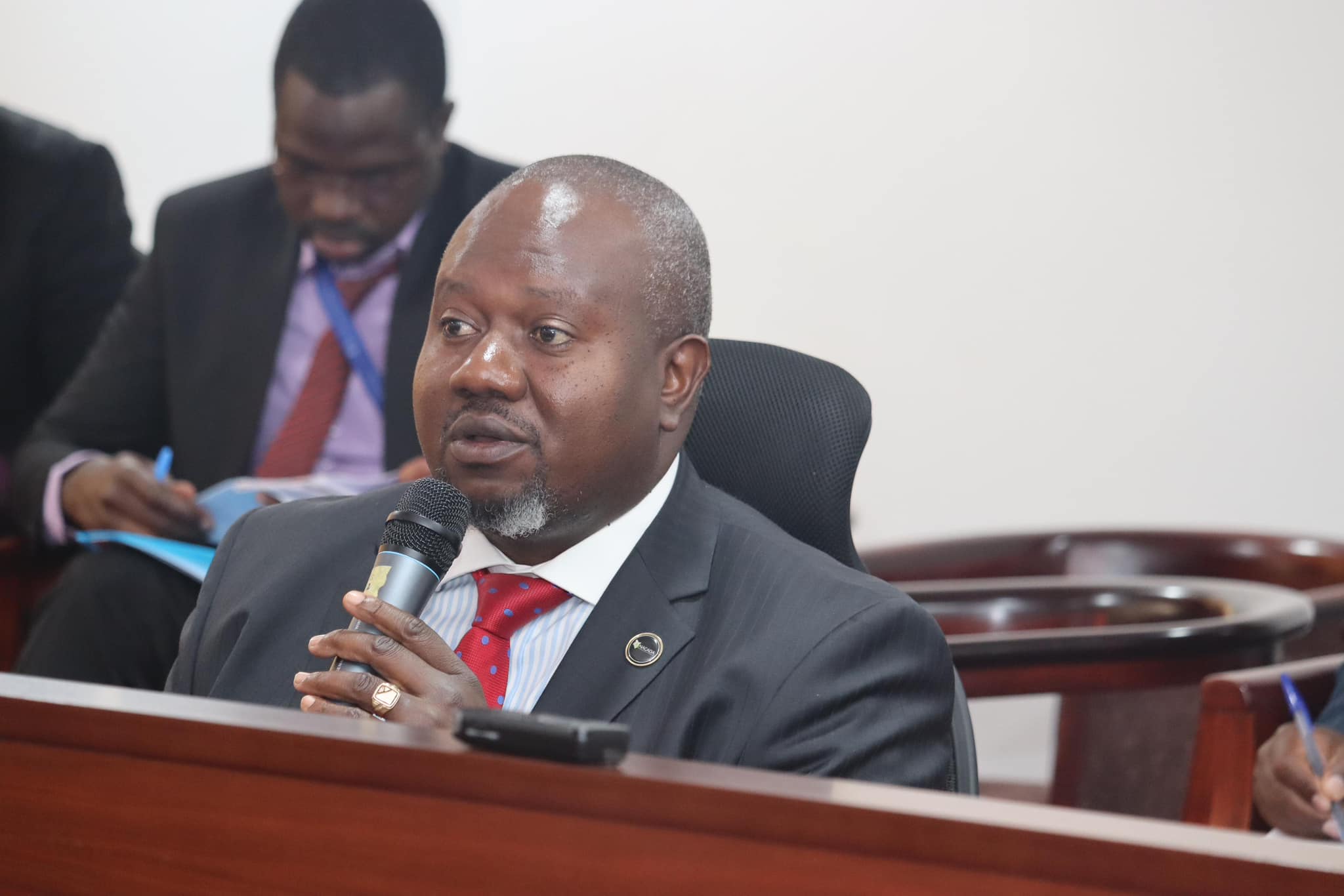Kenya is confronting a growing threat from synthetic drugs as officials warn that more young people are moving away from traditional illegal substances to new, potent chemicals. The shift is sparking concern over increased health risks and the changing nature of drug abuse within the country.
Addressing delegates at the 32nd Meeting of Heads of National Drug Law Enforcement Agencies (HONLEA) in Vienna, Austria, NACADA CEO Dr Anthony Omerikwa described the trend as a global phenomenon, with serious social and health consequences.
"Current trends indicate a global rise in the abuse of illicit drugs. There is a steady shift from traditional substances to synthetic drugs, thereby increasing the number of New Psychoactive Substances with their adverse social and health consequences," Dr Omerikwa told the gathering on Wednesday.
The annual HONLEA forum, organized by the United Nations Office on Drugs and Crime (UNODC), assembles senior drug enforcement officials to share intelligence, discuss evolving criminal tactics, and coordinate strategies to fight the world’s drug challenges. This year’s meeting focused on synthetic opioids, changing trafficking networks, and regional drug-related concerns.
Dr Omerikwa noted that while Kenya has long served as a transit point for drugs due to its global connectivity, there is now clear evidence of rising domestic consumption.
"Some African countries are no longer just transit routes," he said, highlighting the increasing availability of drugs locally and growing use among Kenyan youth.
Kenya is tackling this threat with a comprehensive approach that goes beyond traditional law enforcement operations. Multi-agency raids have led to major drug seizures, including heroin, cocaine, and methamphetamine. Meanwhile, the National Drug Observatory is providing data to monitor emerging trends and guide targeted interventions.
A central component of Kenya’s strategy is a health-focused model through Alternatives to Incarceration.
"Diversions are accorded to persons using drugs, thereby encouraging them to seek rehabilitation and reintegration as opposed to incarceration," Dr Omerikwa said, emphasizing that this policy aligns with Kenya’s commitment to sustainable development goals and inclusive growth.
He urged international delegates to prioritize protecting youth from highly potent substances and ending discrimination against people who need treatment instead of punishment.
He also called for a united global effort to counter new threats, including drug trafficking via express parcels, the internet, and the commercialization of controlled drugs like Cannabis for non-medical use.
The HONLEA gathering aims to identify areas for stronger regional cooperation, showcase best practices, and promote evidence-based and rights-focused law enforcement methods to combat cross-border drug trafficking effectively.
